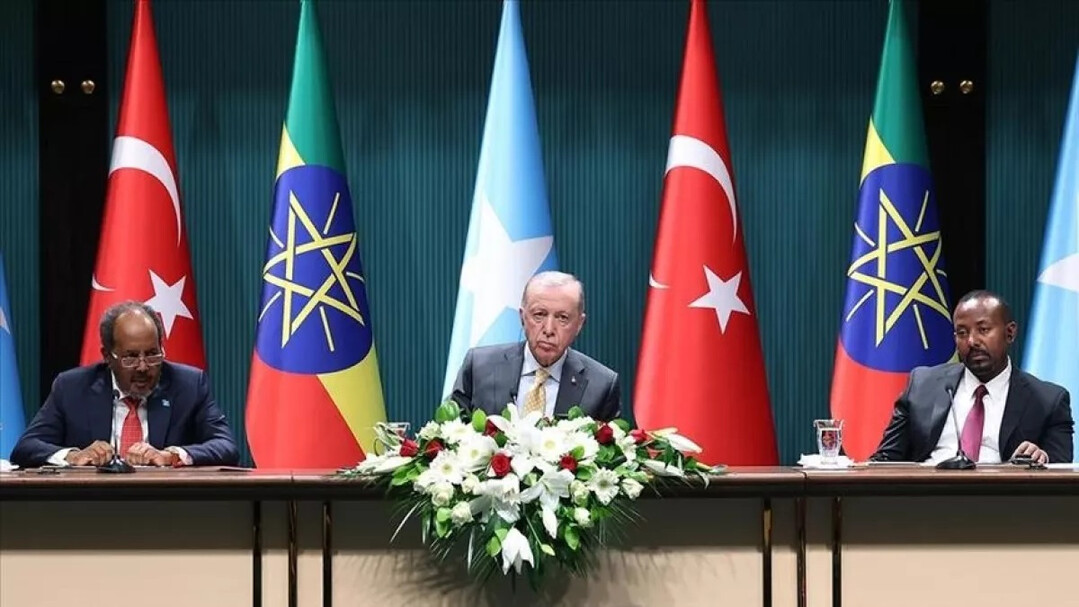
The recent agreement between Ethiopia and Somalia, brokered by Turkey, marks a significant turning point in the fraught relationship between the two Horn of African nations. The deal, which promises to normalize relations and facilitate cooperation, has been widely hailed by the international community as a crucial step towards regional stability.
At the heart of the agreement lies a delicate balance of interests. Ethiopia, a landlocked nation, has long sought secure sea access, while Somalia, a coastal state, has struggled to assert its sovereignty and territorial integrity. The deal offers a potential solution to both countries' needs: Ethiopia gains access to the sea, and Somalia receives Ethiopian support in its fight against the Al-Shabaab insurgency.
However, the agreement also raises questions about the future of Somaliland, a self-declared independent state that has long sought international recognition. The MoU signed between Somaliland and Ethiopia last year had strained relations between Mogadishu and Addis Ababa. While the recent deal does not explicitly address the MoU, it is unclear whether Ethiopia has abandoned its support for Somaliland's aspirations.
The role of Turkey in brokering the agreement has also drawn attention. Turkey's growing influence in the region, particularly in Somalia, has raised concerns about its strategic intentions. The military pact between Turkey and Somalia, which grants Ankara significant economic privileges, has further fueled speculation about Turkey's long-term goals.
The international community, including the United States, the African Union, and the United Nations, has welcomed the agreement between Ethiopia and Somalia. However, the future of Somaliland remains uncertain. The new administration in Somaliland, led by President Abdirahman Irro, has signaled a willingness to engage with the Somali federal government, but it remains to be seen whether a compromise can be reached that satisfies the aspirations of both sides.
Ultimately, the success of the agreement between Ethiopia and Somalia will depend on the ability of both countries to implement its provisions and address the underlying issues that have plagued their relationship for decades. The international community must continue to support efforts to build peace and stability in the Horn of Africa, while also respecting the rights and aspirations of all the region's peoples.
[Copyright (c) Global Economic Times. All Rights Reserved.]






























